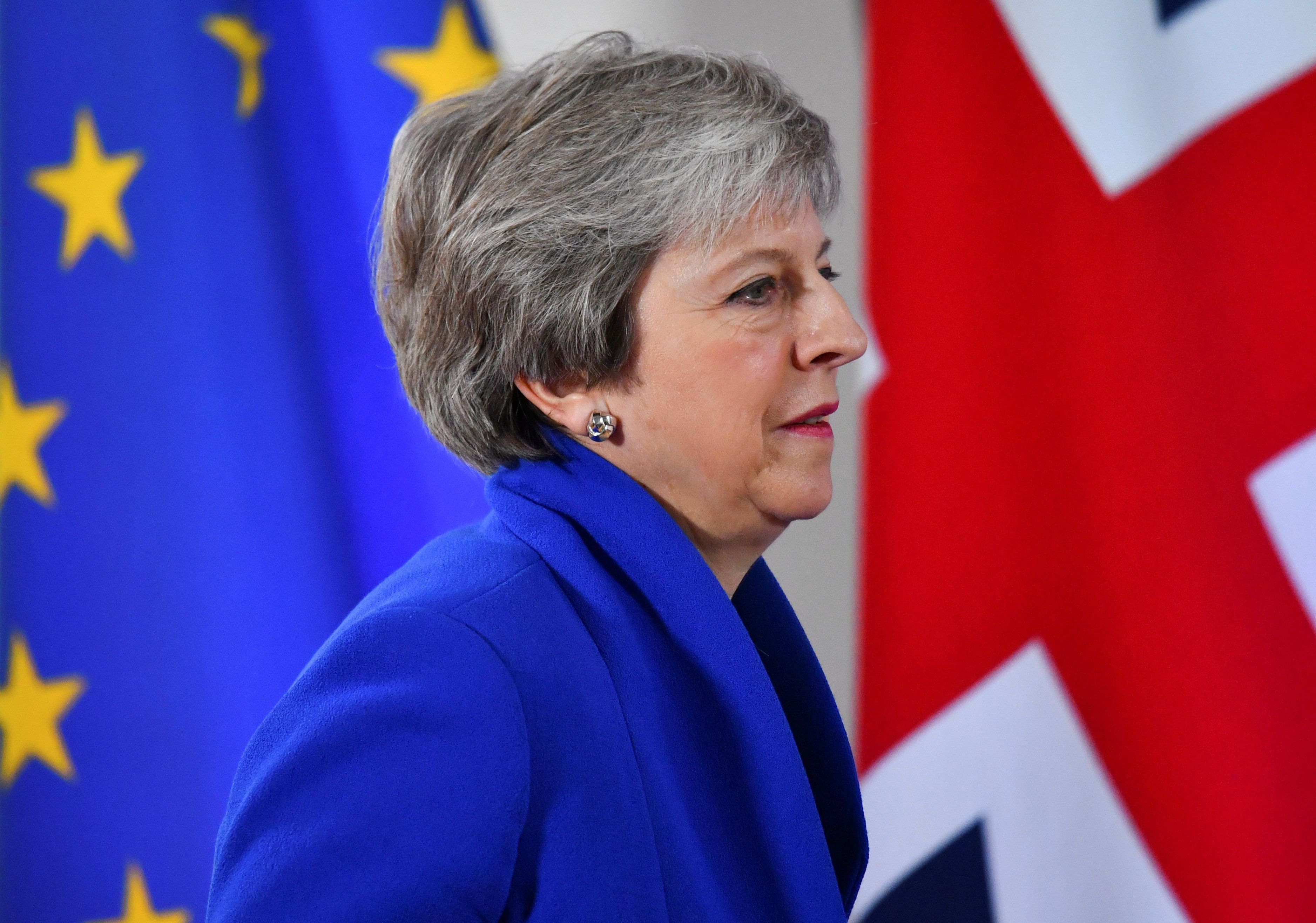November 27, 2018
On Sunday, British Prime Minster Theresa May finally got EU leaders to agree to her plan for Brexit. Now she faces the even more daunting task of securing the support of her own parliament in a vote on December 11. This is Ms. May's last best hope for avoiding a potential crisis in which the UK crashes out of the EU next March without any new agreement governing the cross-channel relationship.
It's an uphill battle if ever there was one. To get close to the 320 votes she'll likely need, Ms. May will have to carry every member of her governing Tory party while also picking off a few defectors from the opposition Labor party. But many Tories who favor a deeper separation from the EU than what's on offer have already come out against the plan, and most Labor MPs are loath to offer a win to Ms. May even if they like what's in it.
Outside the halls of government only 19 percent of Britons favor the agreementas brokered by Ms. May. It's a compromise that satisfies almost no one – when Britons who voted to leave the EU are asked about the details of what she has negotiated, only 12 percent say the current plan strikes the right balance between "soft" and "hard" Brexit, or the extent of the UK's separation from the EU.
If parliament rejects the plan, it's hard to see European leaders reopening negotiations – it took months to get all 27 EU leaders aligned around the current draft. And even that consensus was in question right up until the last minute, when London tangled with Madrid over the future of UK-administered Gibraltar. (May's concession naturally provoked fresh anger from within her own ranks.)
Another possibility would be to call another popular referendum, in order to seek further clarity on what citizens actually want after two years of wrangling over the particulars of Brexit. But that would just reinforce the broader problem Ms. May faces today—Britain is no less divided on what it wants from Brexit as when it voted for it over two years ago.
More For You
A photograph posted by U.S. President Donald Trump on his Truth Social account shows him sitting next to CIA Director John Ratcliffe as they watch the U.S. military operation in Venezuela from Trump's Mar a Lago resort, in Palm Beach, Florida, U.S., January 3, 2026.
@realDonaldTrump/Handout via REUTERS
Most Popular
- YouTube
In this "ask ian," Ian Bremmer analyzes Trump’s recent meeting with Zelensky and how close (or far) Russia and Ukraine are from a peace deal.
Syrian President Ahmed al-Sharaa attends the military parade of the Syrian army in Umayyad Square in central Damascus to mark the one-year anniversary of the fall of the Assad regime, on Dec. 8, 2025.
Mohammed Al-Rifai/dpa via Reuters Connect
A year ago this month, Syria’s brutal dictatorship collapsed. There are signs of recovery, but sectarian violence threatens to undermine the optimism.
© 2025 GZERO Media. All Rights Reserved | A Eurasia Group media company.
